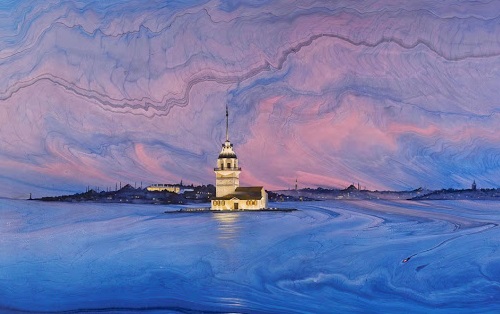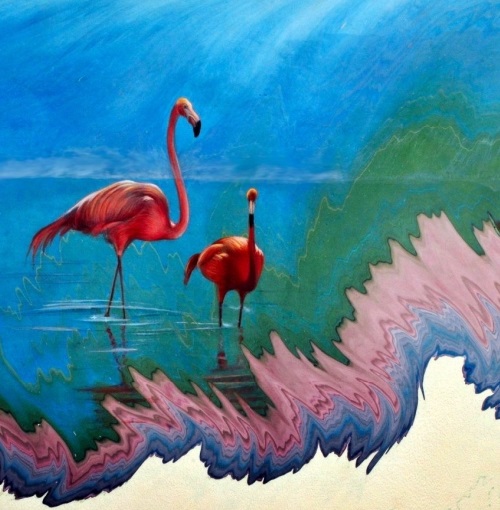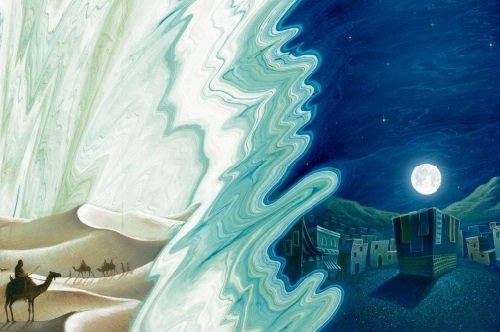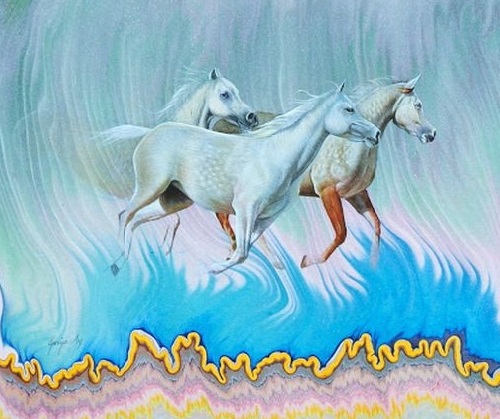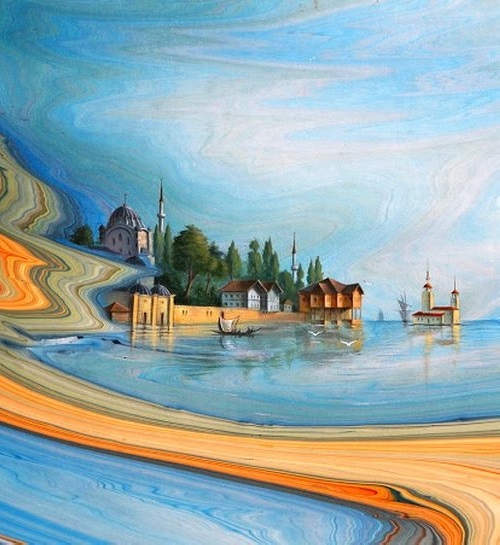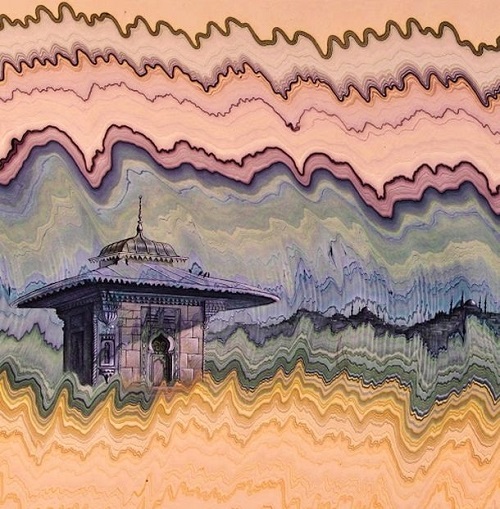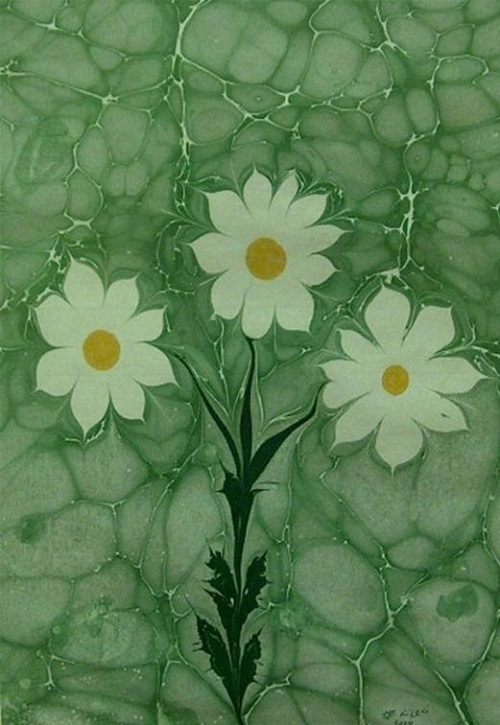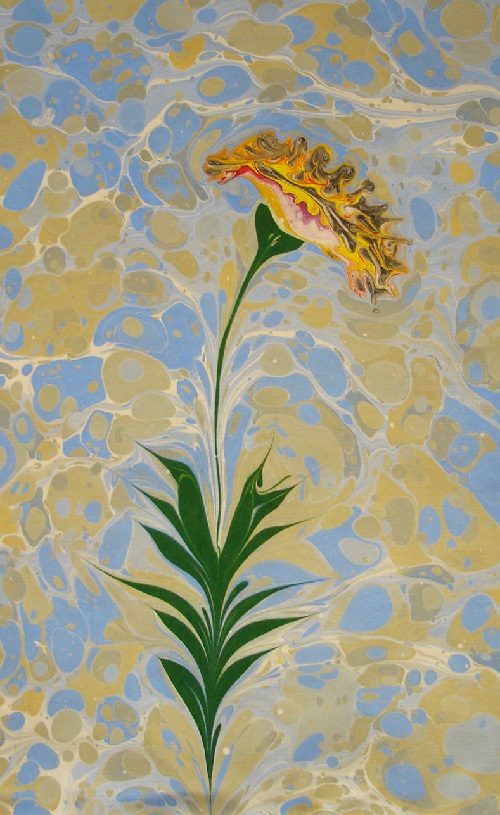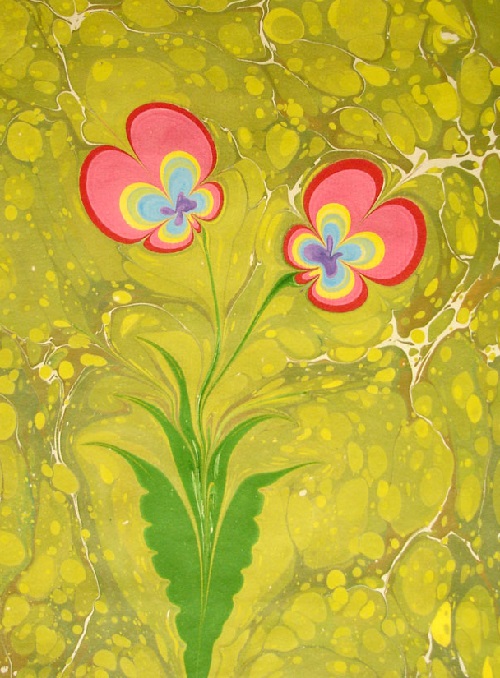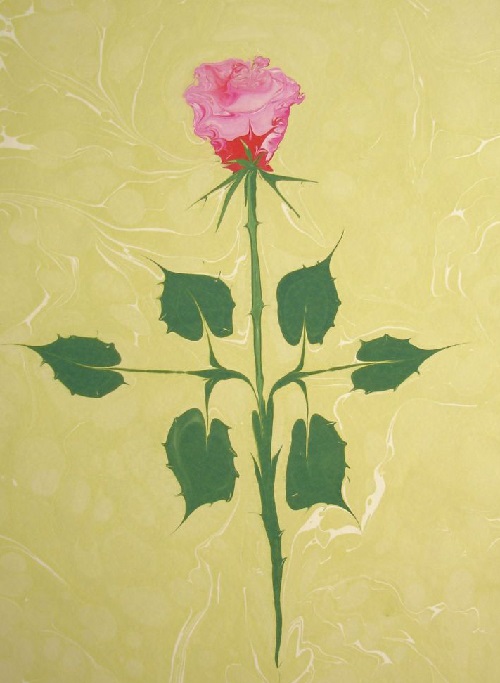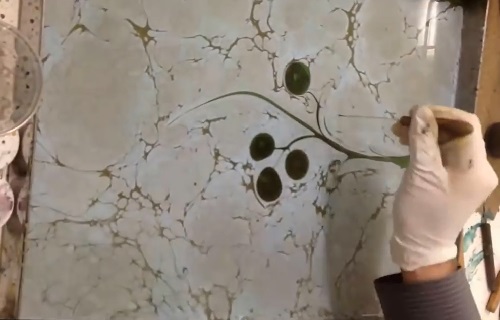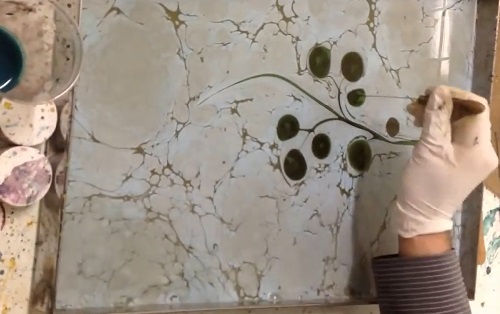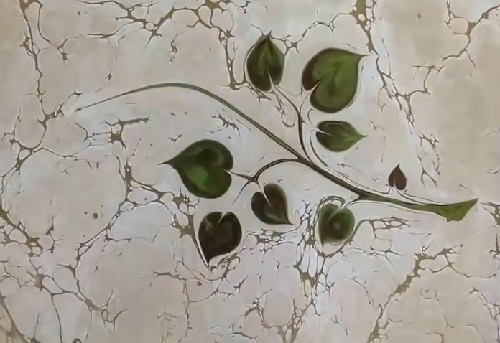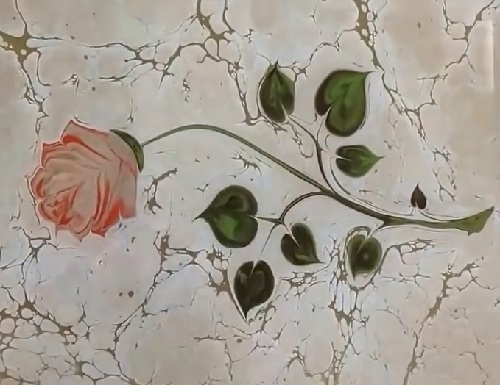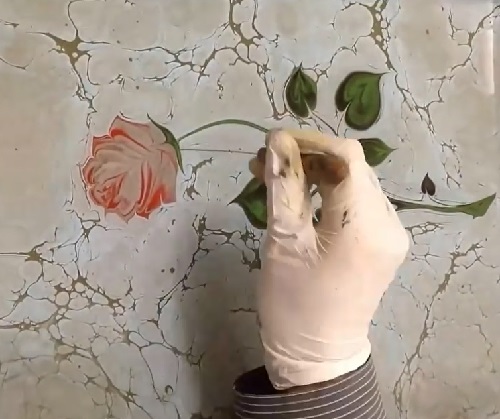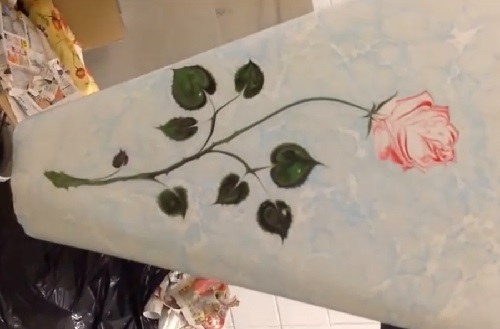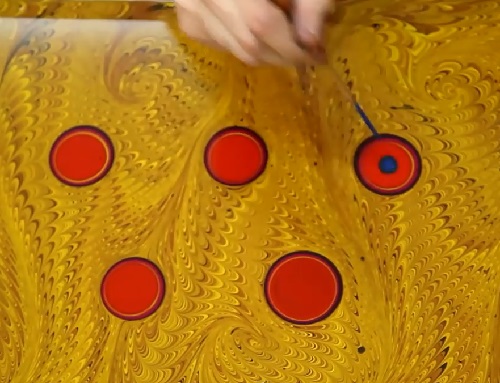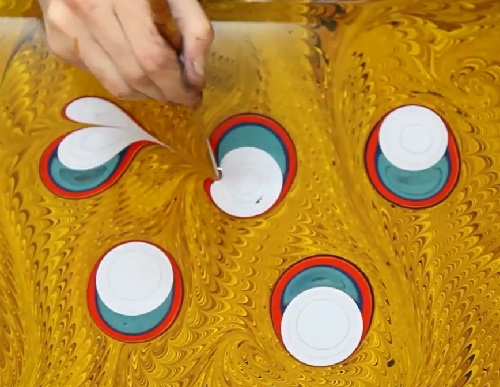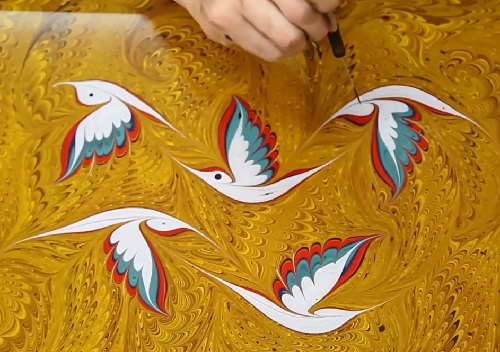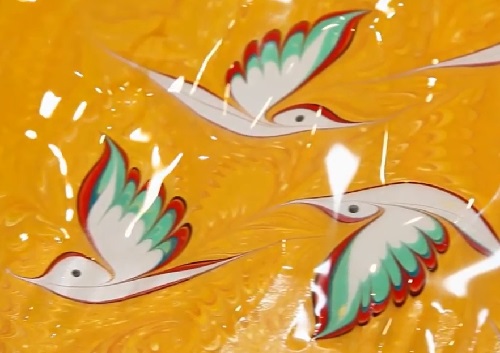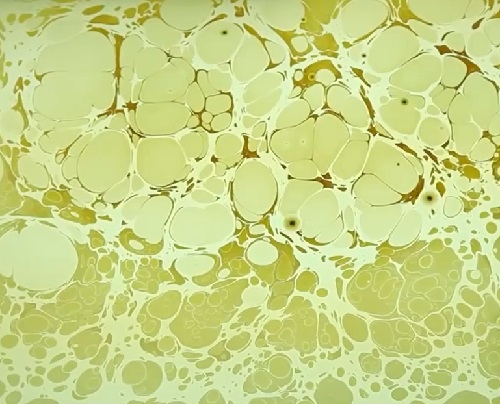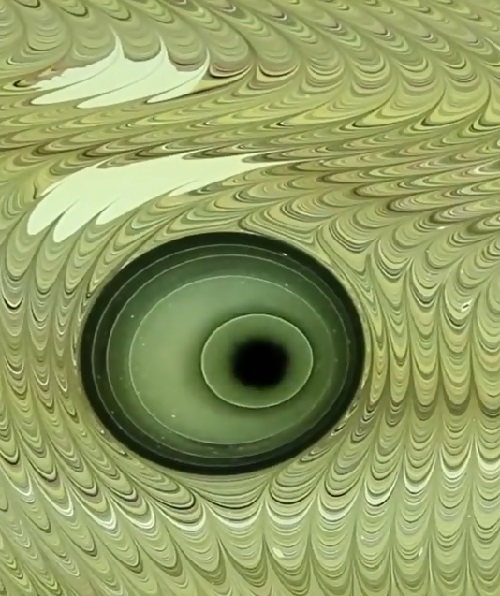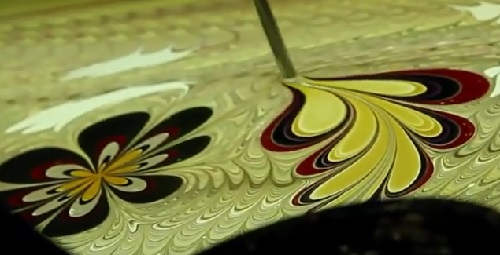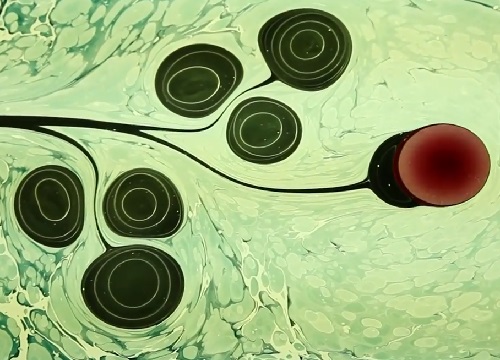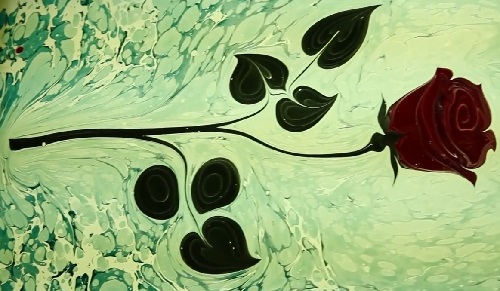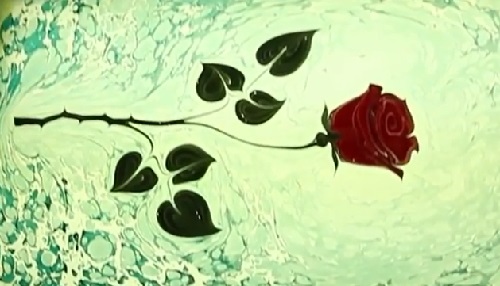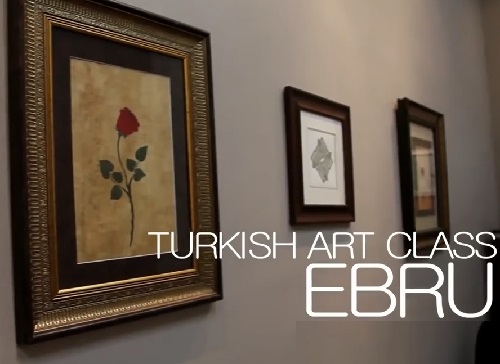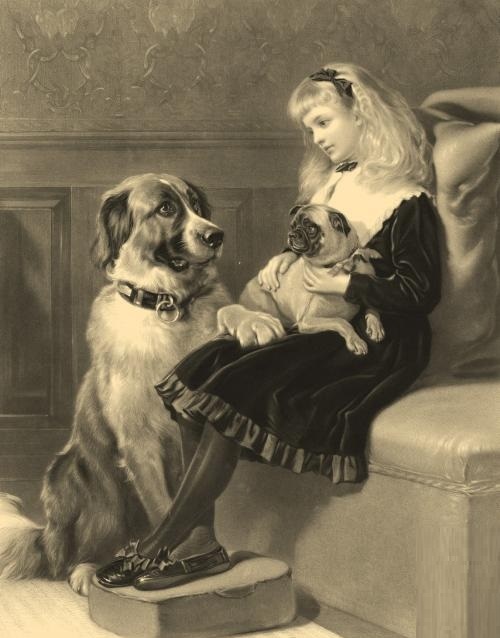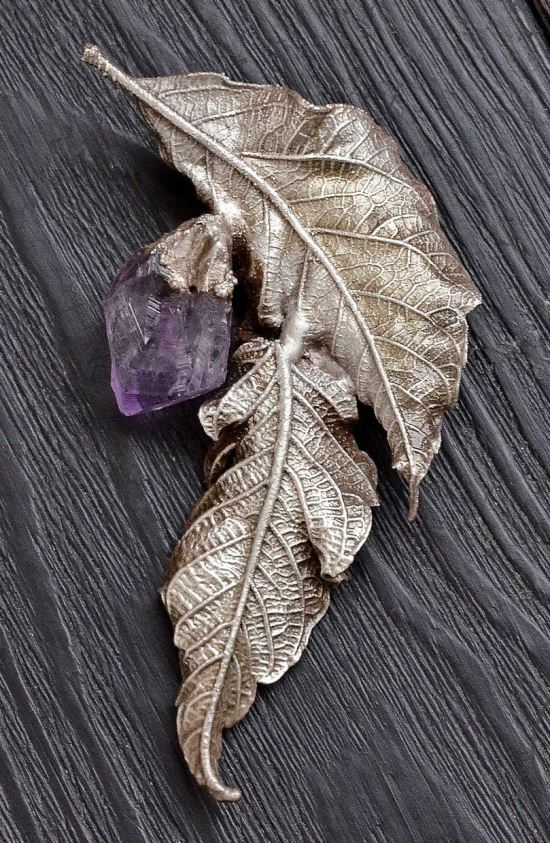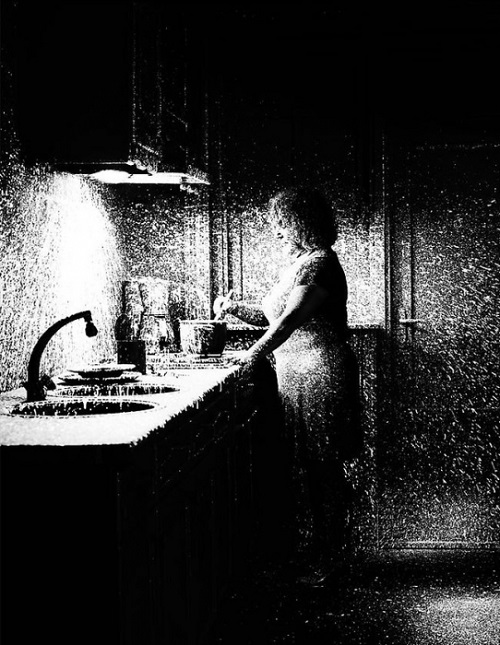Unique Ebru art
Unique Ebru art
Mistakenly called Paper marbling, Ebru art technique doesn’t represent simple patterns drawn on the water. Unlike paper marbling, Ebru art involves the creation of a detailed painting, landscape, and even portrait. Besides, rare masters and artists work in the classical technique of ebru. And one of these masters – Turkish Ebru artist Gharib Ai, who has achieved the perfection in Unique Ebru art, creating incredibly beautiful paintings on water surface.
The oldest known Ebru painting was created in the 11th century. Turkey is considered to be the birthplace of Ebru, although according to some assumptions it was India, then it was taken over by the Persians, from whom moved to the Ottomans, the current Turks. According to other suggestions, it was born in Bukhara, and after it was taken by Iranians Turks. One thing is for sure – Ebru appeared in the East.
The etymology of Ebru is also not known. There are several versions. First: Ebru comes from the Arabic «ab-ru», which means “water for the face.” Second, the word is derived from the Chagatai «ebre» – «undulating.” Turks prefer to consider the most plausible third version: the name came from the Persian «ebri», which from Farsi means “cloud.”
Unique Ebru art
The Art of Ebru masters transferred to their students from generation to generation. In Ebru are used only natural materials. Brushes are made of wood and horsehair. The viscosity of water is increased by the addition of nectar Gevena (Astralagusa) – plants growing in Anatolia. Wrung their lower part of the stem, the liquid condensed in resinous wax having a weak adhesive properties.
Close to Ebru the art of drawing on the water – Paper marbling. The basic idea is similar, but the artist gives water and paint themselves draw intricate motifs. Then when creating the picture of Ebru, the artist follows the blurred spots of paint and forms necessary to him drawing with a stick.
garipay.blogspot.ru
